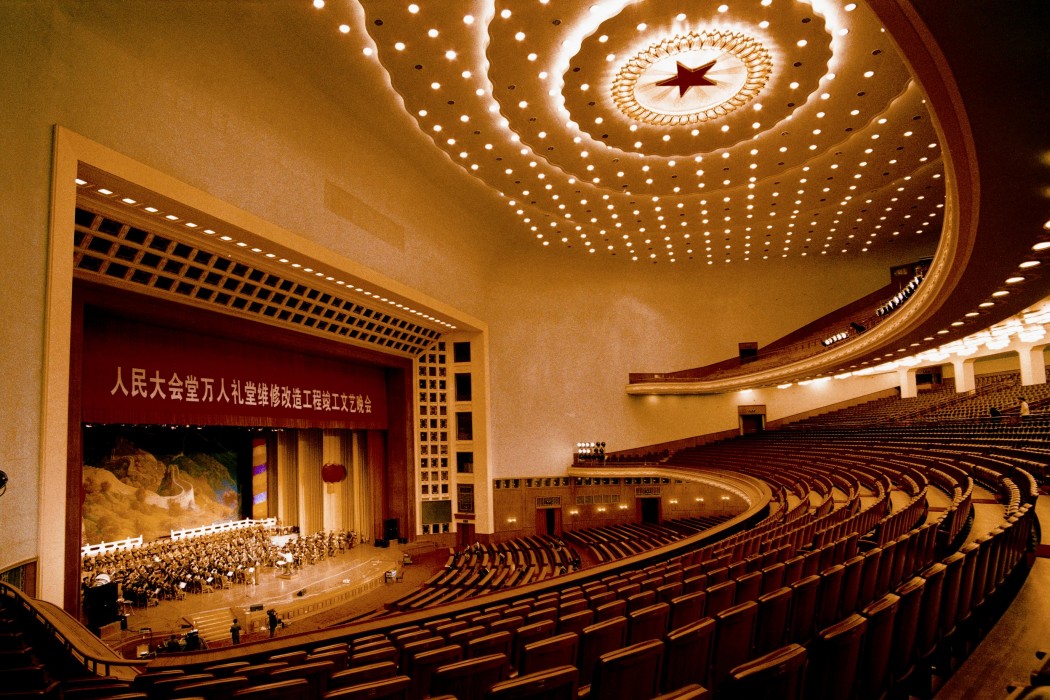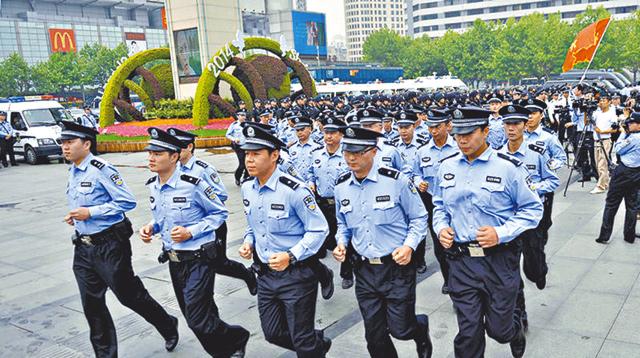A draft law that will relax requirements for overseas NGOs operating in China was submitted for a third reading at the National People’s Congress (NPC), China’s top legislative body, on Monday. It will likely be put to a vote, a suggestion made previously by the law committee of the NPC. However, state media outlet Global Times reported that articles enforcing police supervision are likely to remain.
Overseas NGOs are organisations that were founded outside of China. Currently, such organisations face a number of restrictions and requirements.
According to Xinhua, the current draft of the bill will remove restrictions such as the five-year-limit on operations of representative offices in the country as well as the limitation of only opening one office in the mainland.

However, unless the State Council allows, overseas NGOs and their representative offices are prevented from recruiting in the country.
‘Vague’ basis
Kit Chan, executive director of the China Human Rights Lawyers Concern Group, said while the bill eased the administrative responsibilities of NGOs, it did not solve the basic problems that previous drafts of the bill introduced.
She said that she did not expect the concerns about police powers to be addressed because no mention was made of them in the Chinese press. Police may still gain the authority to intervene in activities and interview or question heads of NGOs regarding activities, powers that were introduced in a previous draft of the bill.

“Some of the terms [in the draft] are quite vague. As we have already seen from the criminal law, a lot of these terms about endangering state security, state secrets, those kind of things. [They] remain vague but remain a basis for police action… I think for this very basic stuff, the [problem] is not really addressed. The worries NGOs have remain, actually.” said Chan.
“To what extent is a law like this helping civic society to develop in a healthy way? Or is it a matter of tightening control?” she said.
